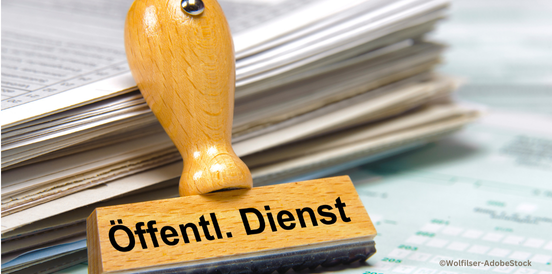AI Regulation – Pragmatism and innovation as a model for implementation
BDA AGENDA 22/2025 | Topic of the Week | October 30, 2025
AI Regulation – Pragmatism and Innovation as Guiding Principles for Implementation
With the draft bill for implementing the European AI Regulation (AI Regulation), Germany faces a crucial decision: Can it succeed in harnessing the opportunities of artificial intelligence (AI) for the economy and society without hampering companies with excessive regulation? The pragmatic and innovation-friendly nature of the draft is a positive signal – it is crucial that this approach remains evident in its application.
Clarity and Efficiency for Companies
For employers, it is essential that they know how and under what conditions AI can be used in their operations. The planned lead role of the Federal Network Agency (BNetzA) as the central supervisory authority is an important step: It provides guidance and, with the planned coordination and competence center, can ensure a uniform, innovation-friendly interpretation of the AI Regulation. A patchwork of differing applications must be avoided at all costs. At the same time, the responsibilities of sectoral authorities – such as BaFin for financial products – will be retained, thus preventing duplicate jurisdictions for the same case. It is important that the Federal Network Agency (BNetzA) acts as a guide even when it is not directly responsible, forwarding inquiries without complications.
Promoting Innovation through Real-World Labs and a Service Desk
The AI Regulation rightly includes measures to promote innovation, such as the establishment of real-world labs where AI systems can be developed and tested safely. It is positive that the BNetzA is now required to address this. The planned establishment of an AI Service Desk at the BNetzA is particularly beneficial, as it will provide quick and unbureaucratic advice, especially to SMEs and startups. These companies, in particular, need support and legal certainty, as they often lack the resources of large corporations. The BNetzA should begin building expertise now to provide early support to companies.
Advice before Penalty – Smart Sanction Practices
The requirements of the AI Regulation are new and complex. The goal must be to support companies in complying with the rules, rather than penalizing them for unintentional violations. The draft therefore stipulates that warnings without fines are possible. This should be the rule for first-time or new cases, and sanctions should always require prior consultation. This creates learning opportunities and prevents companies from foregoing the use of AI for fear of penalties. The obligation to promote employees' AI skills also remains free of sanctions – rightly so, because companies have a vested interest in preparing their employees for the future.
Conclusion:
Germany needs an innovation-friendly, pragmatic implementation of the AI Regulation. Only in this way can the enormous potential of AI for productivity and competitiveness be realized. The BDA (Confederation of German Employers' Associations) is committed to ensuring that legal certainty, consultation, and support are the focus – and not the fear of sanctions.











Guest article by Dr. Katja Scharpwinkel: What the social partnership is worth to us